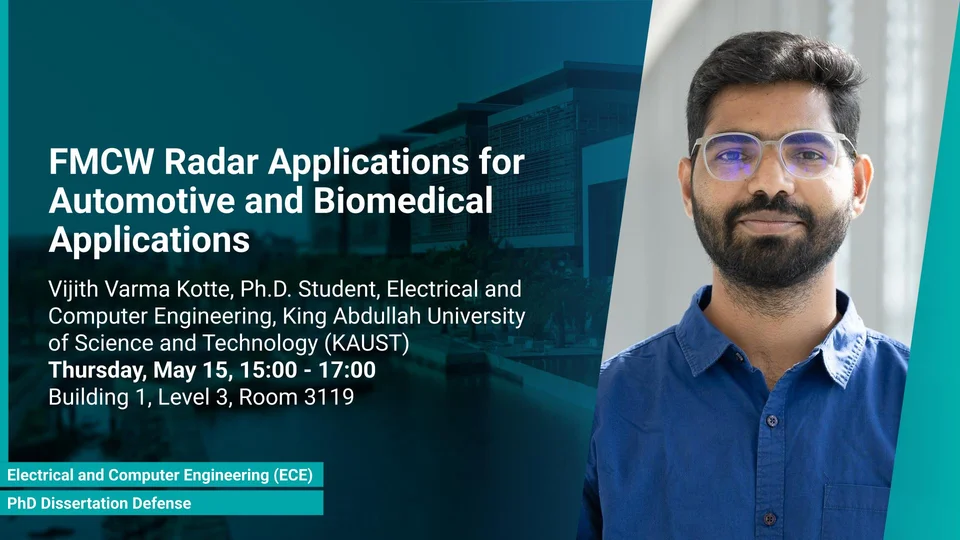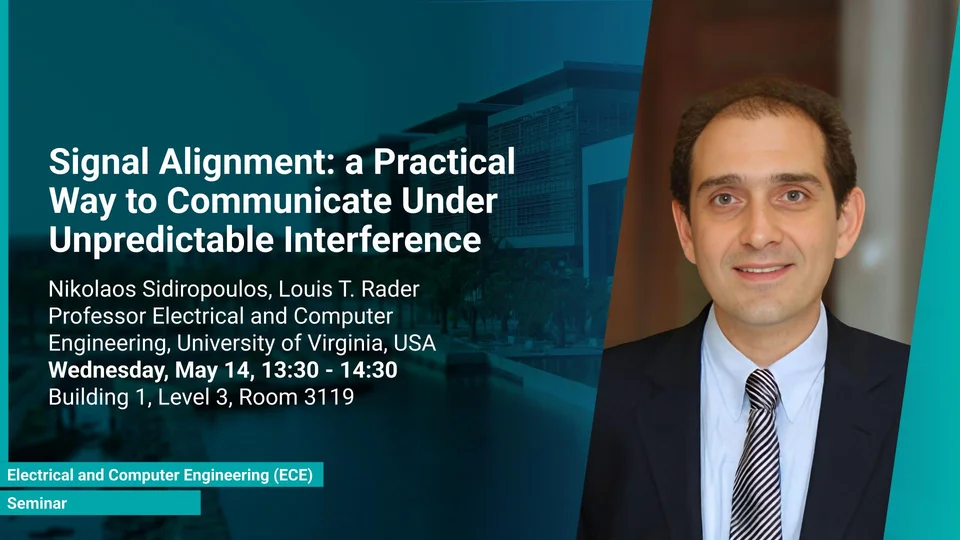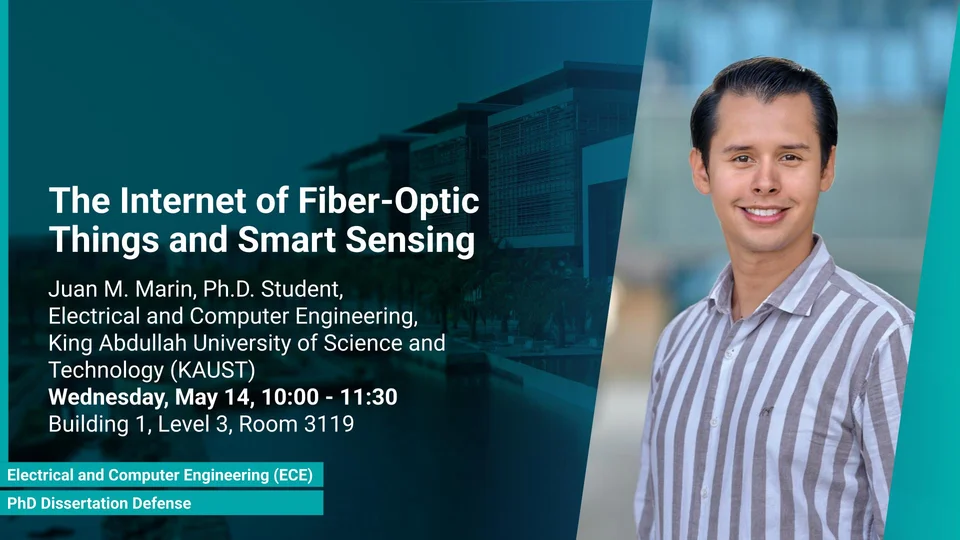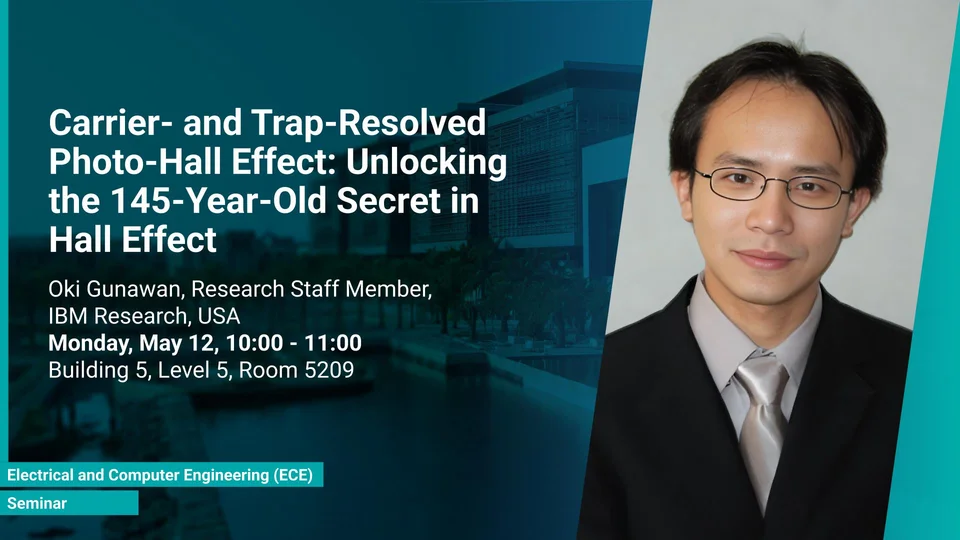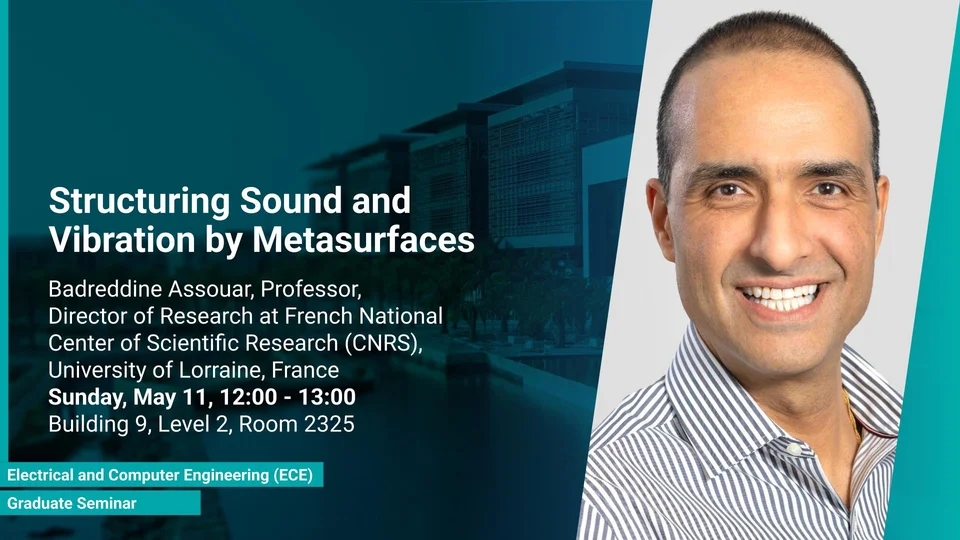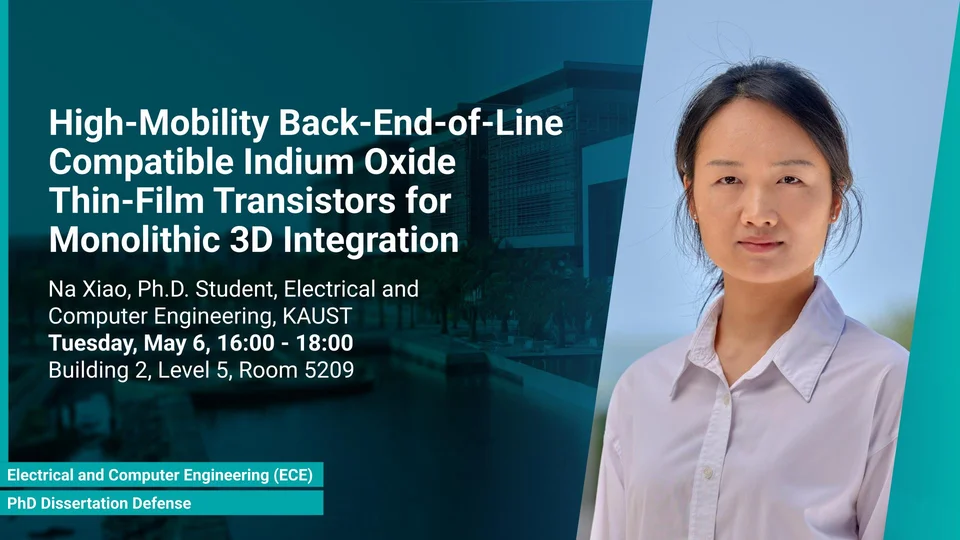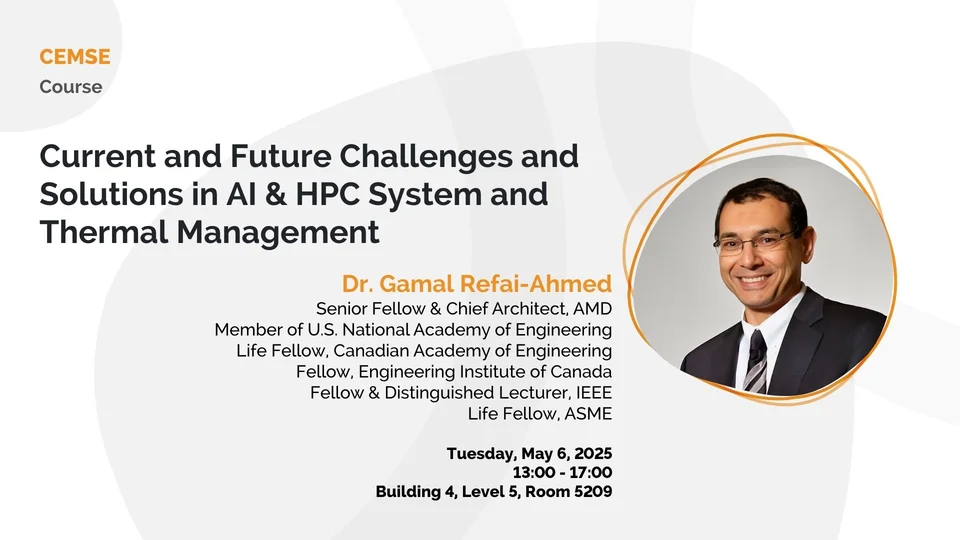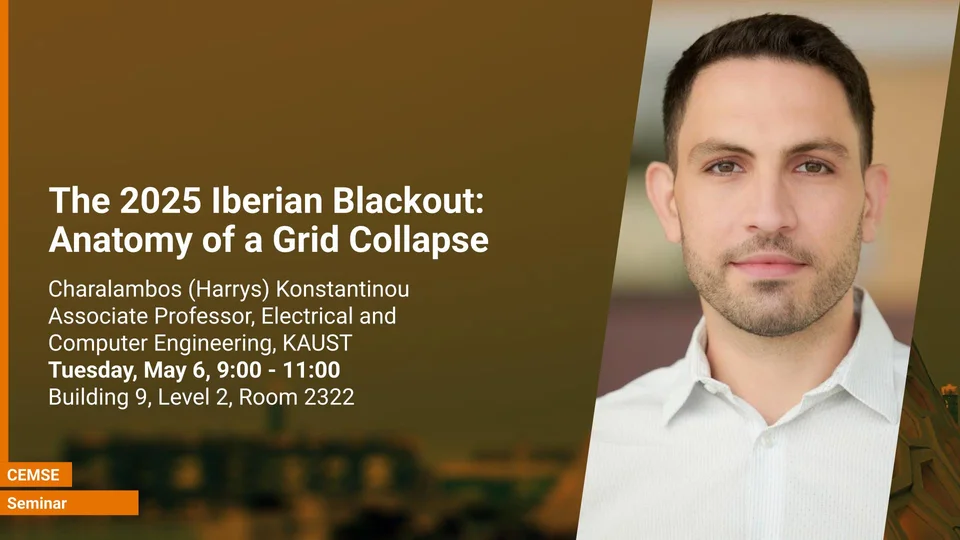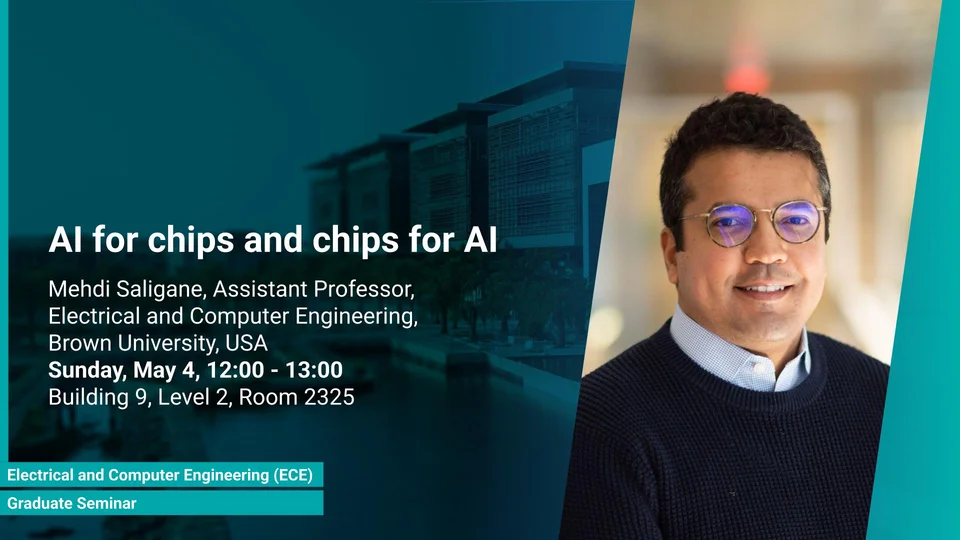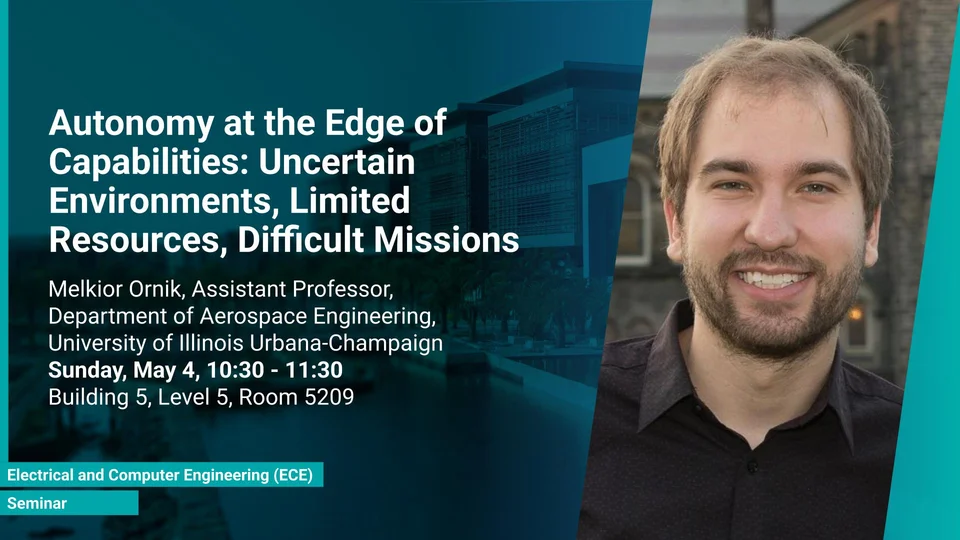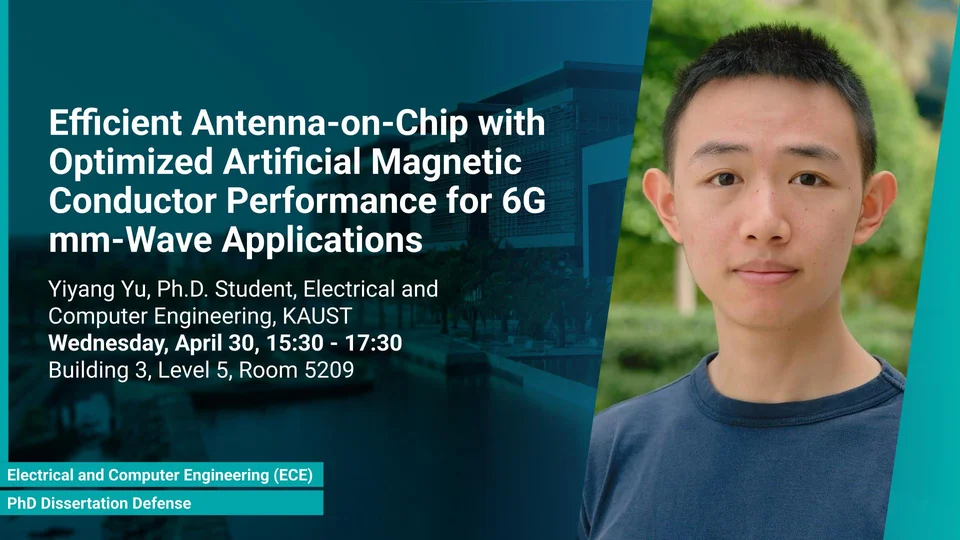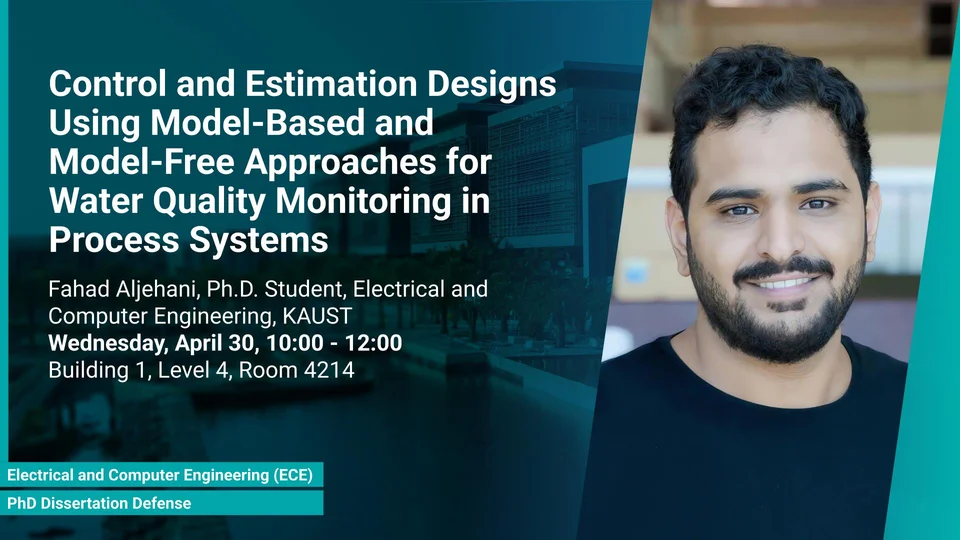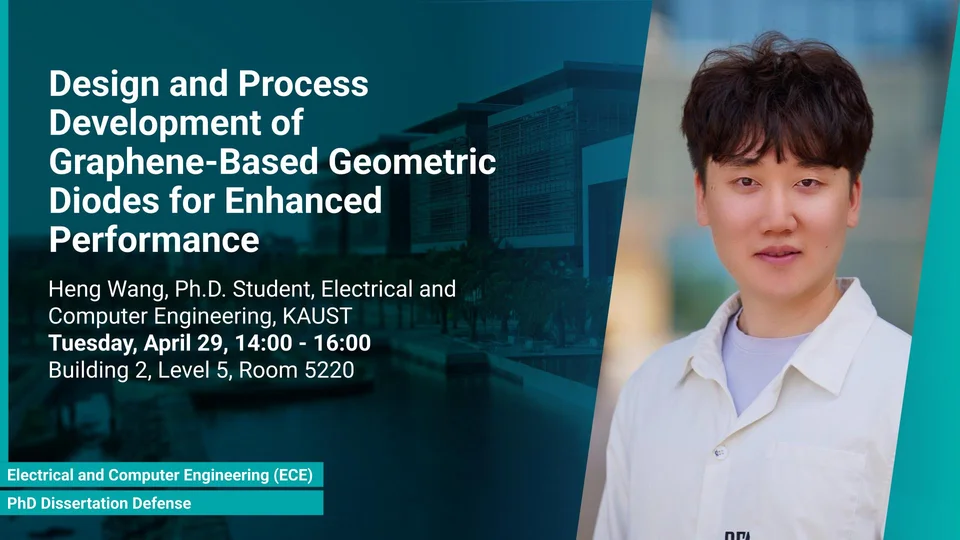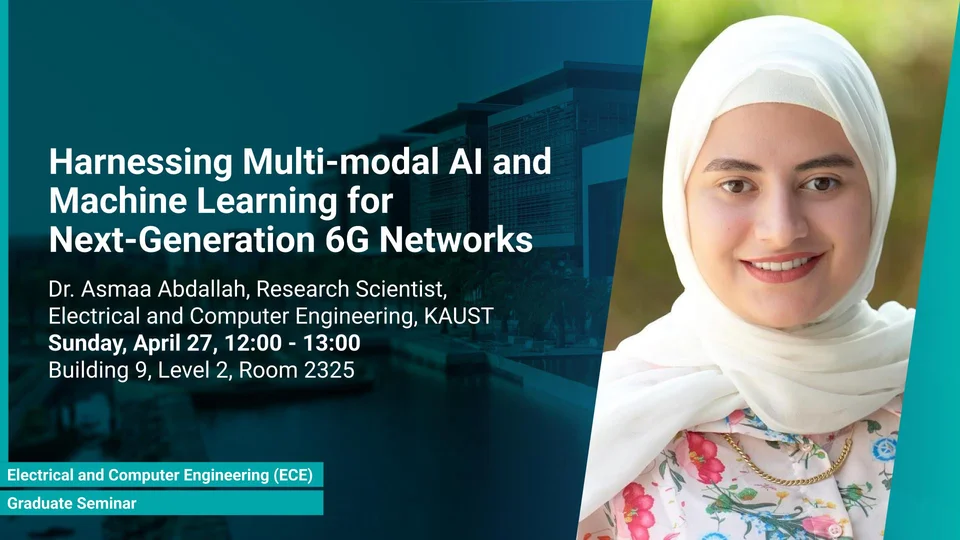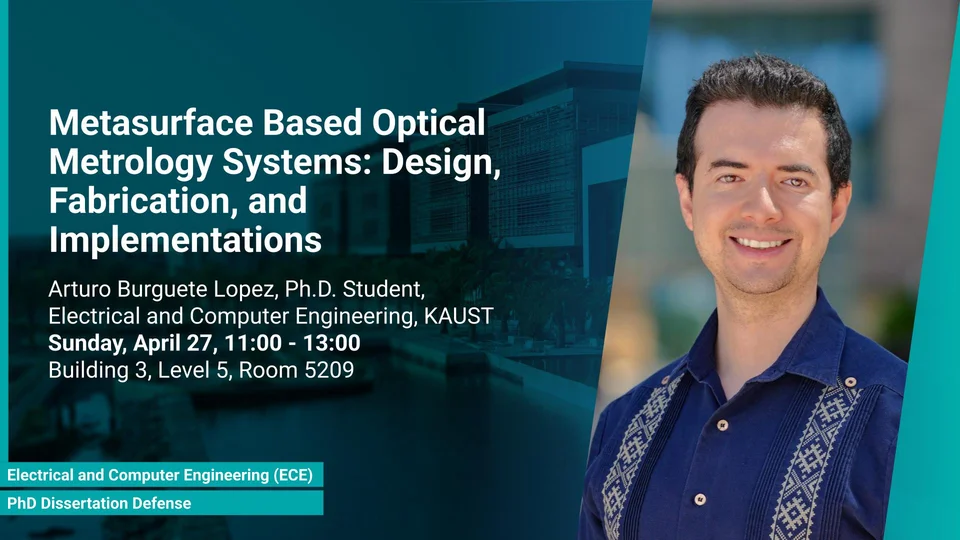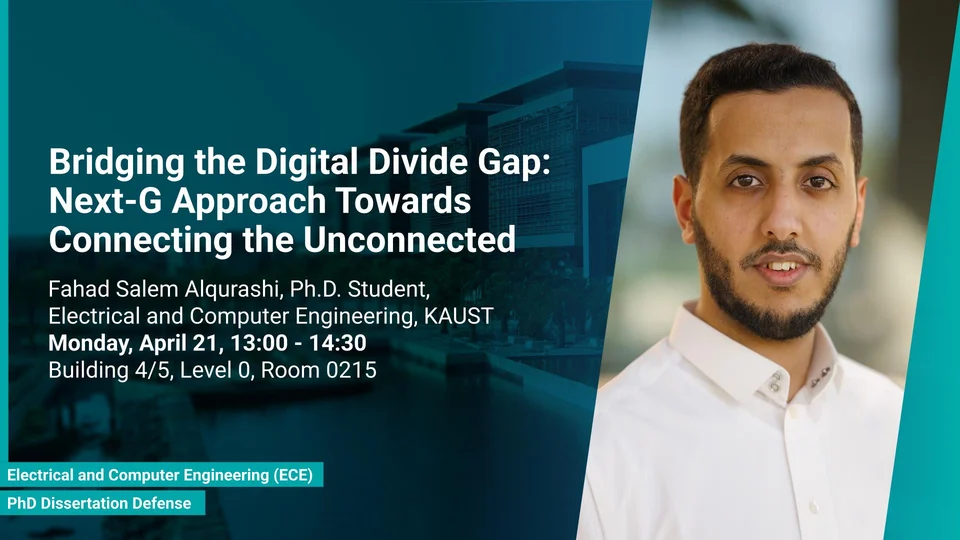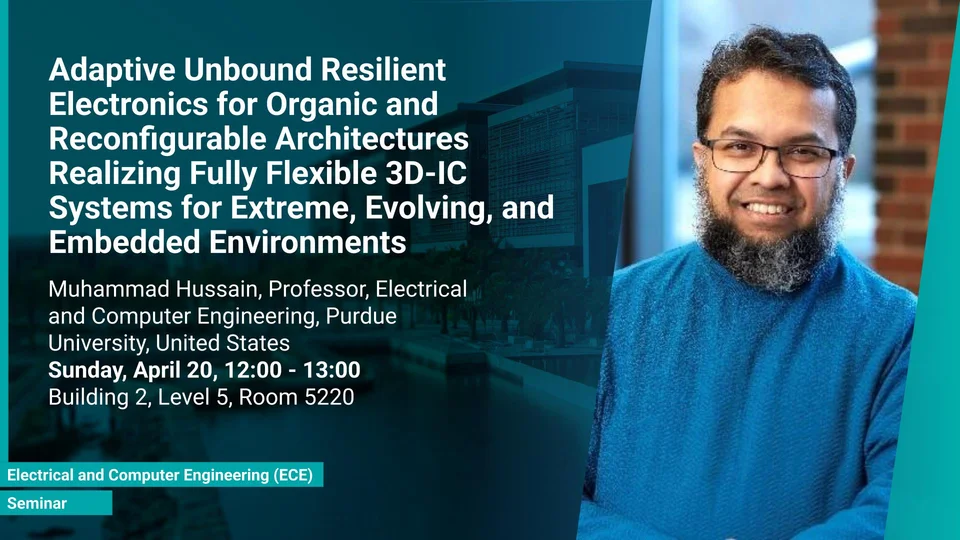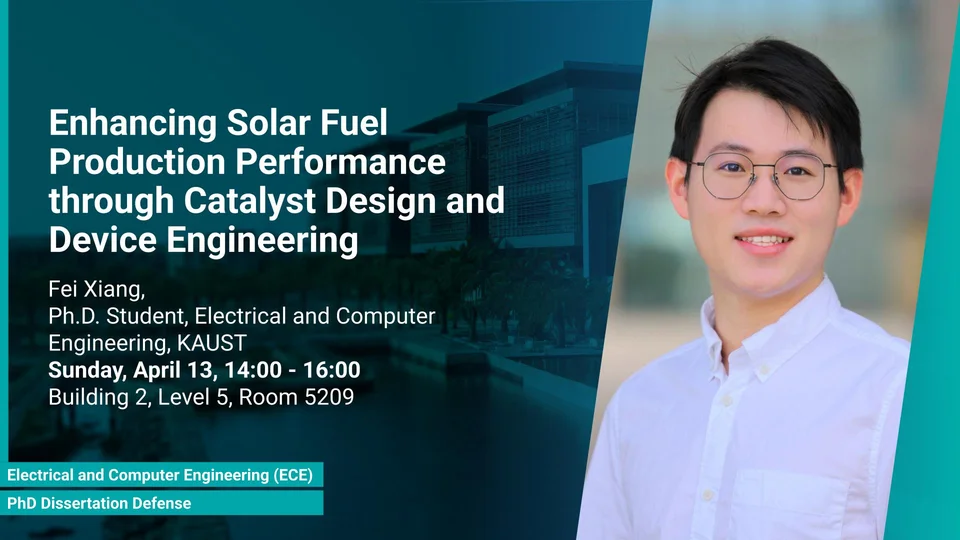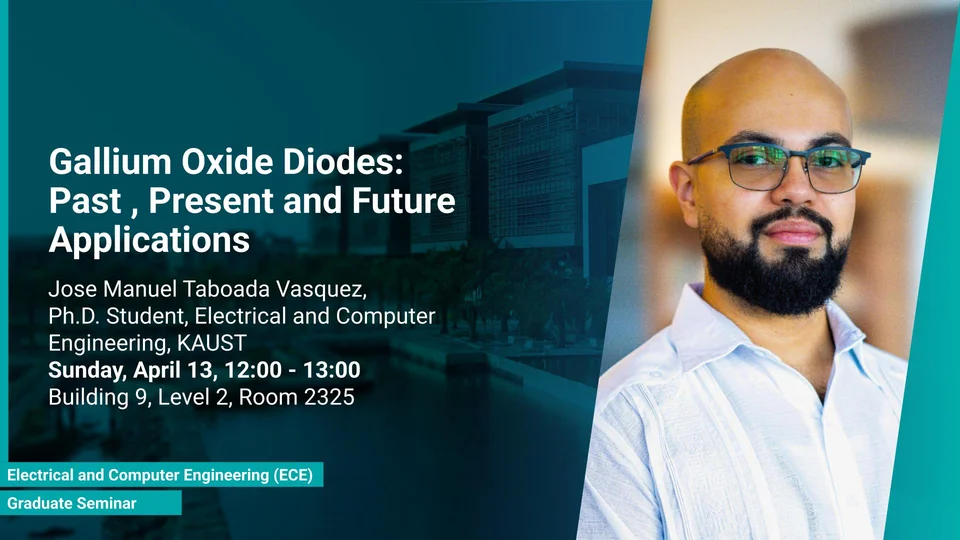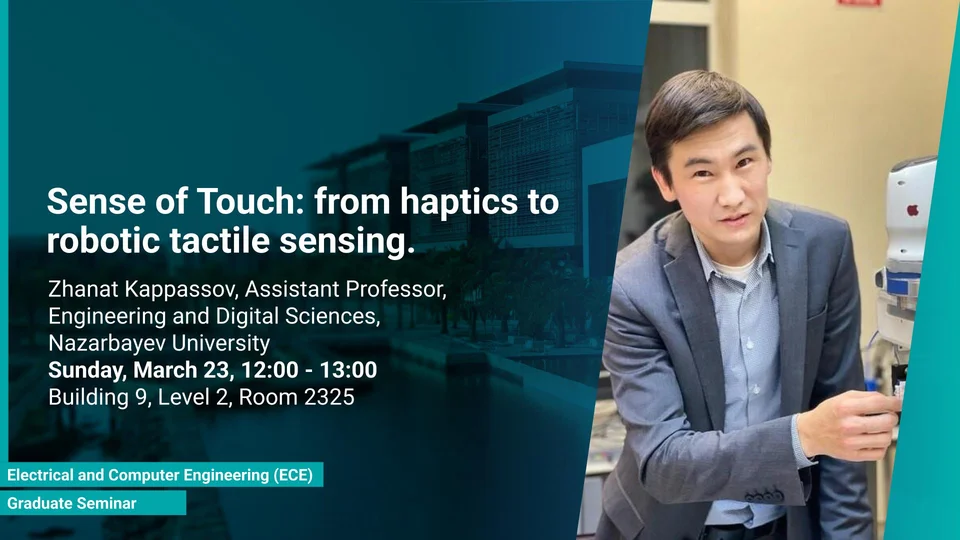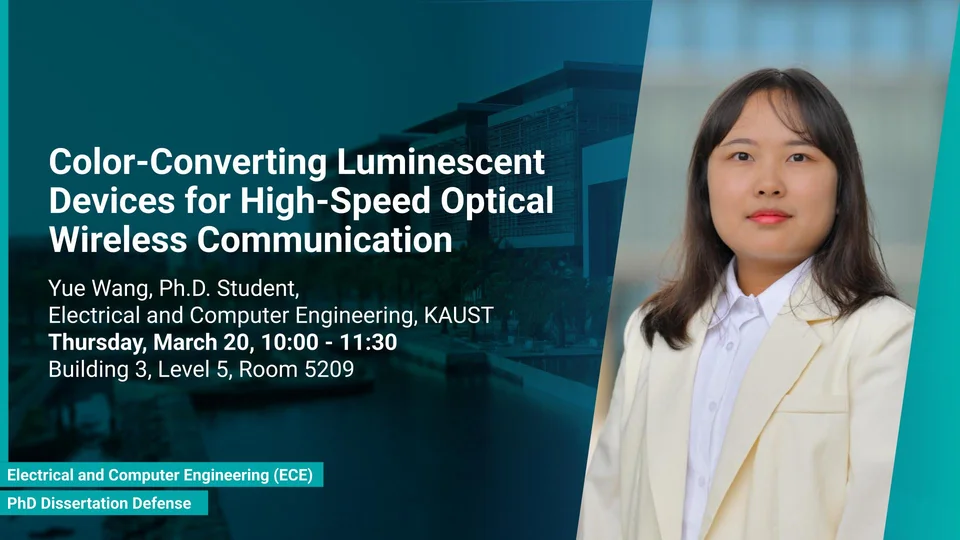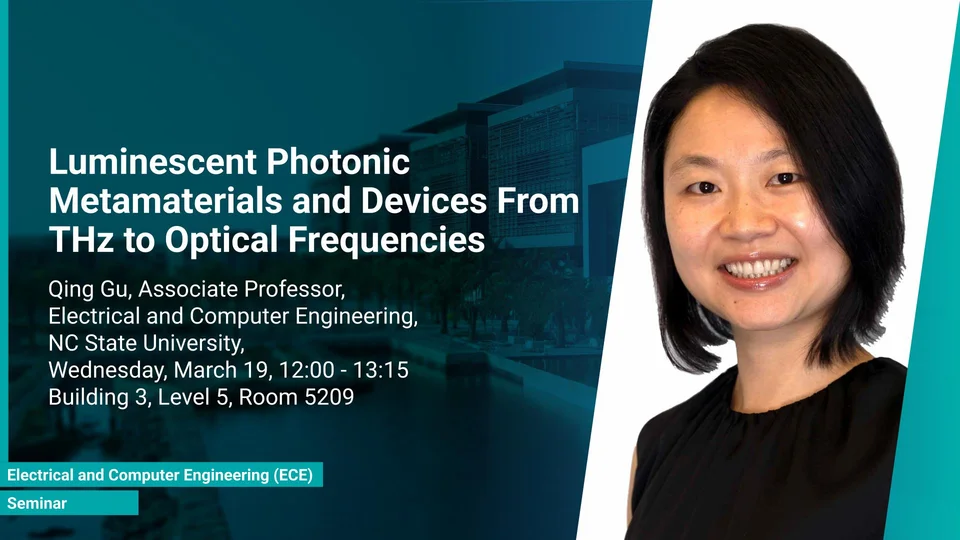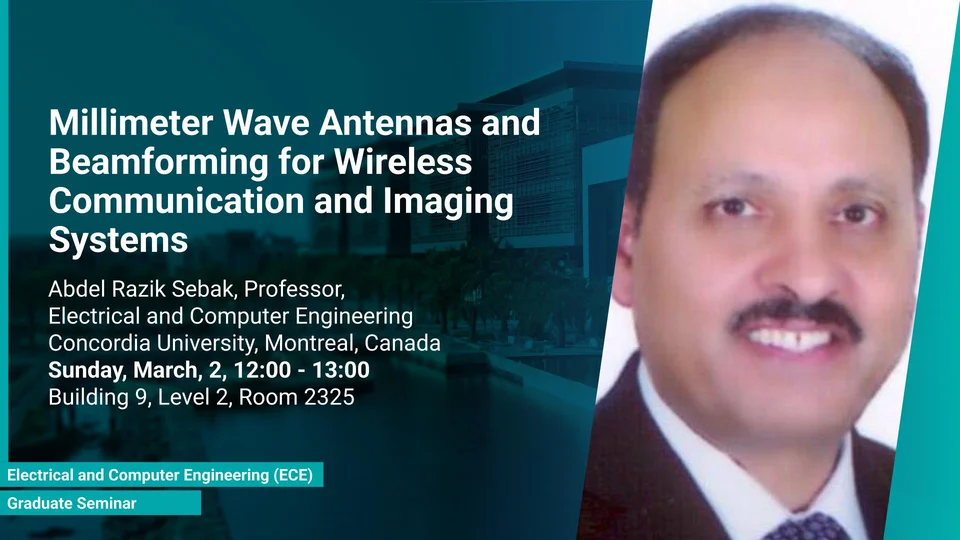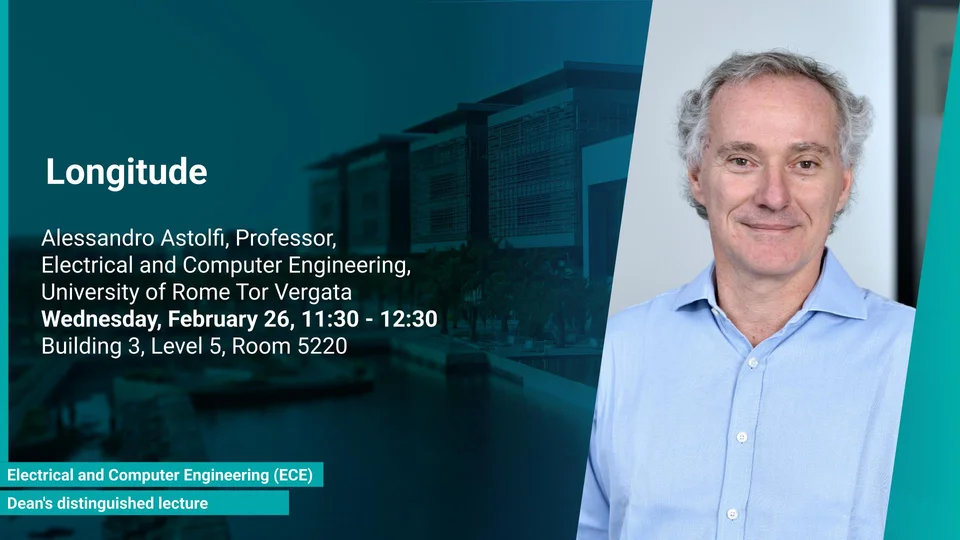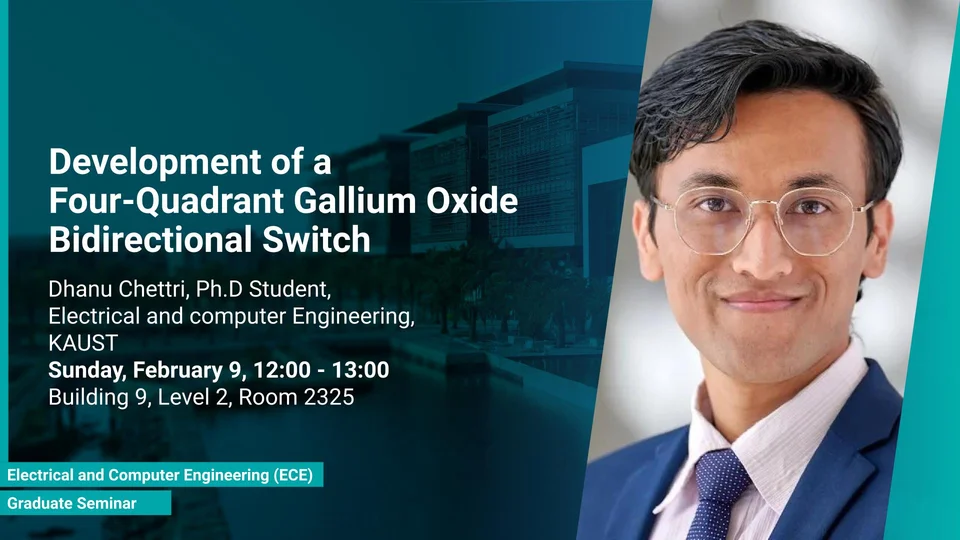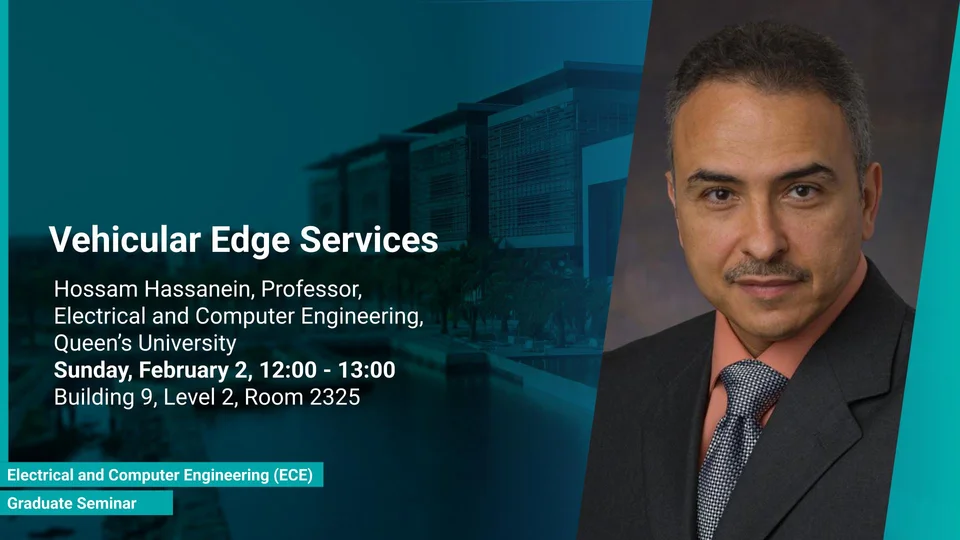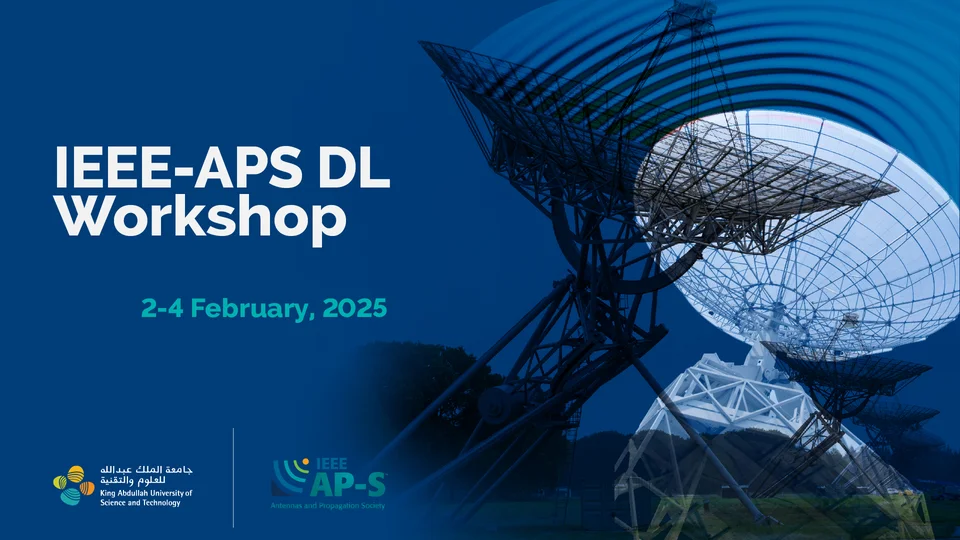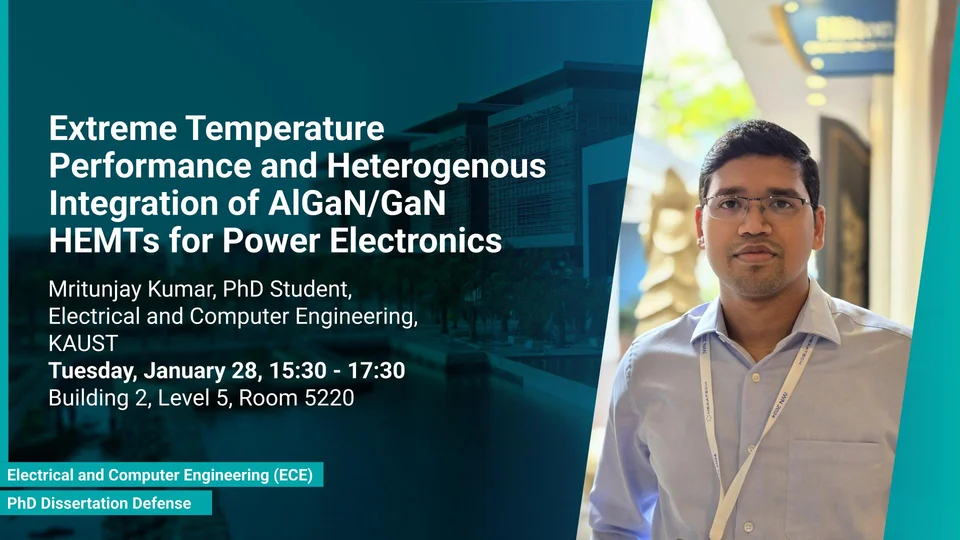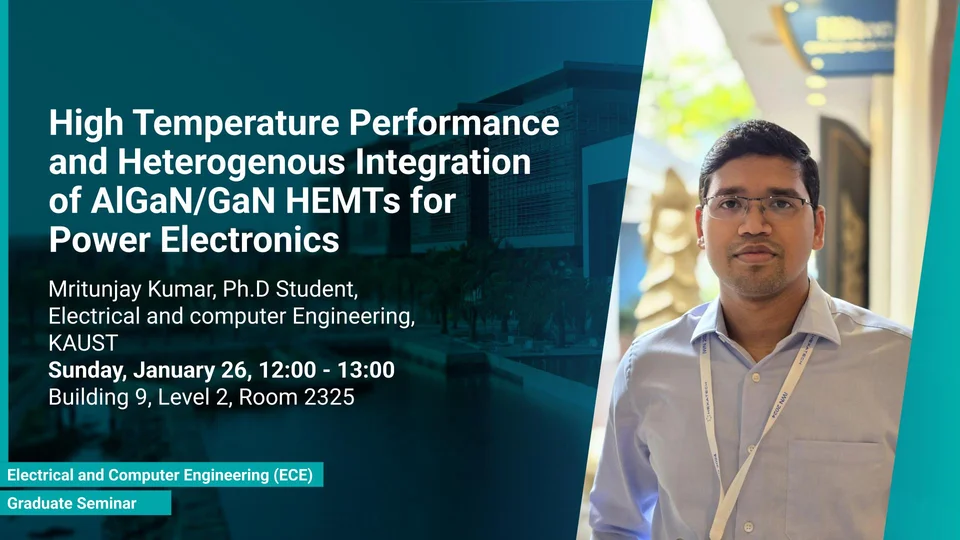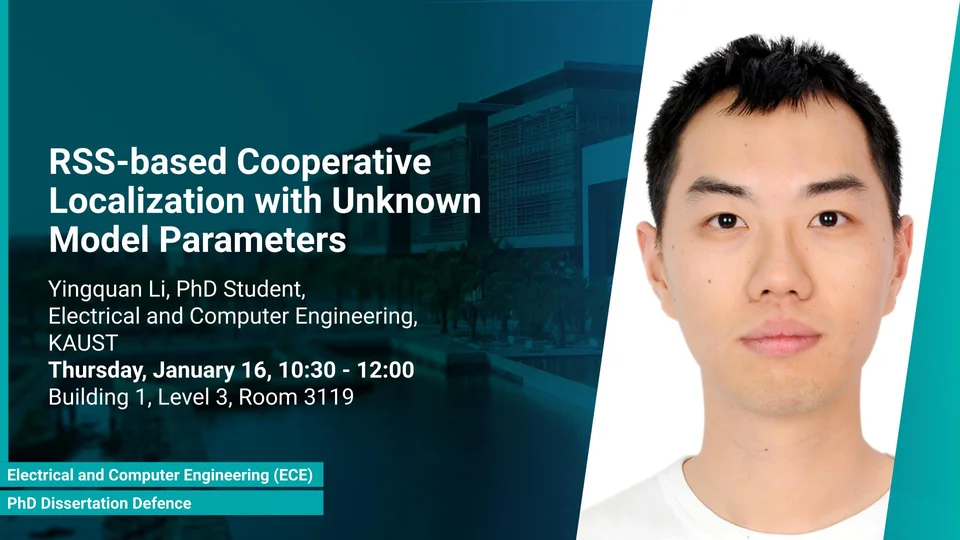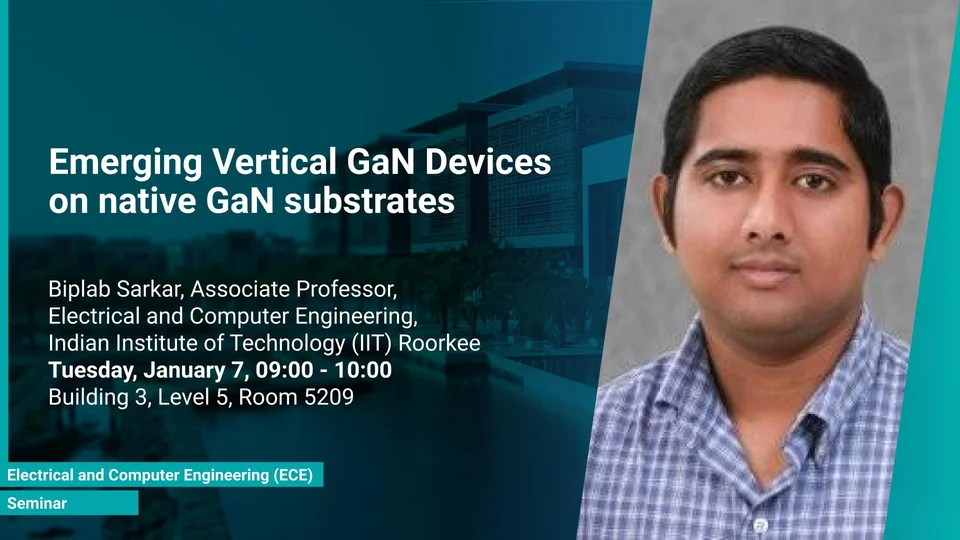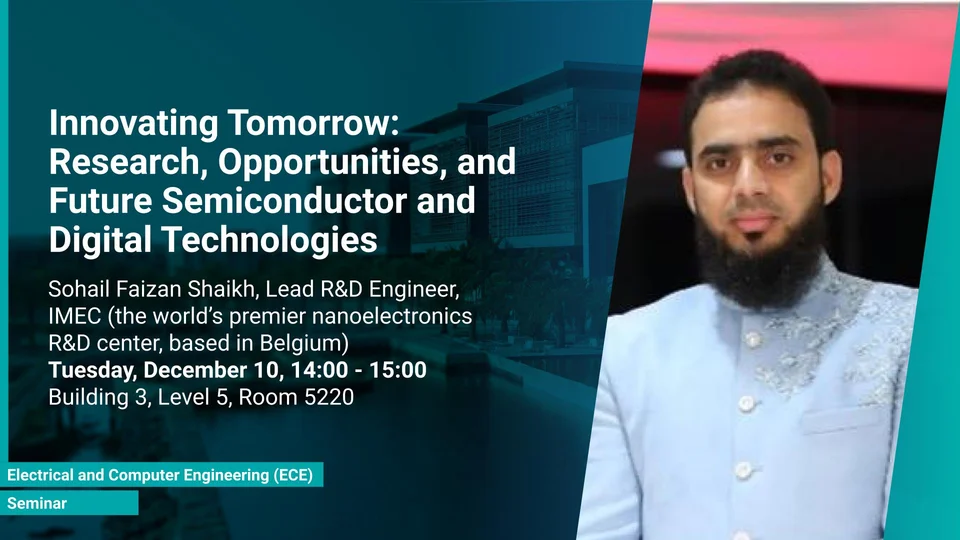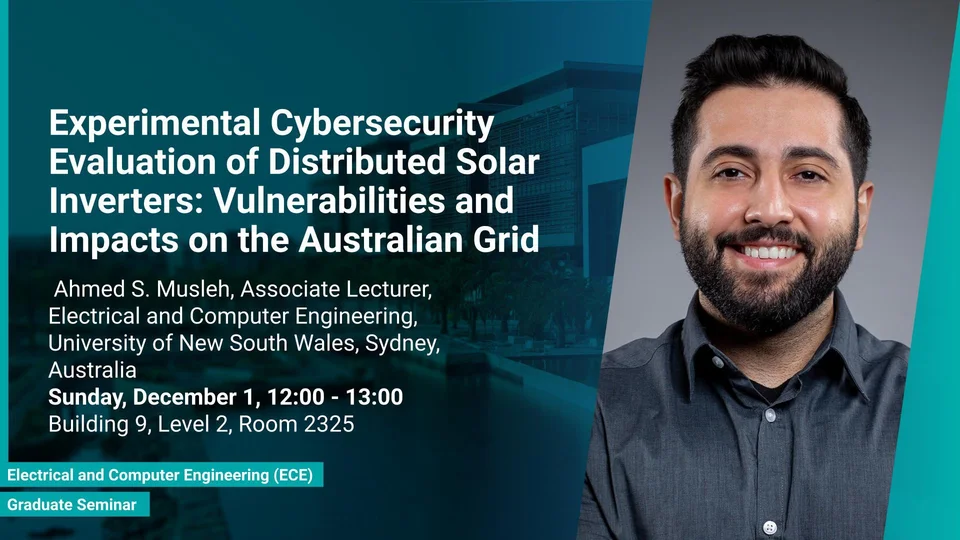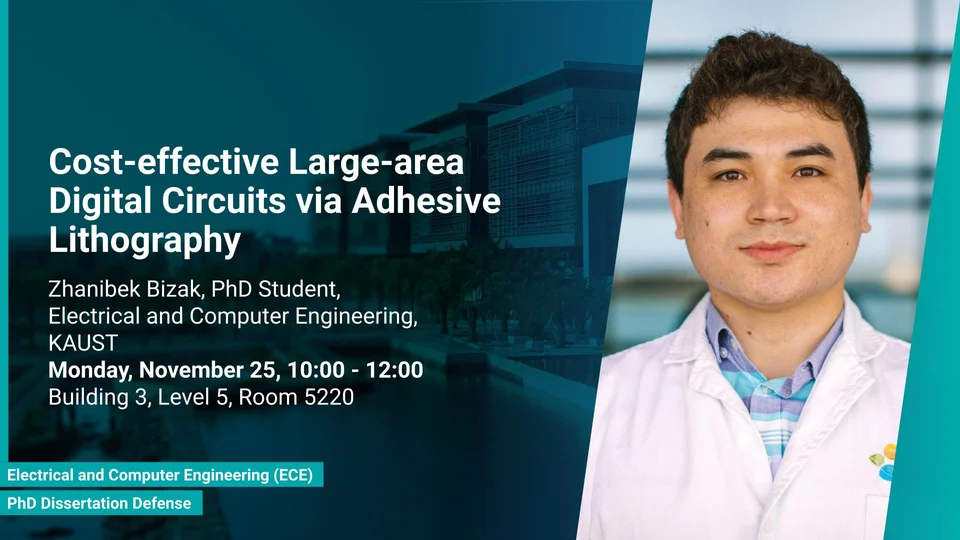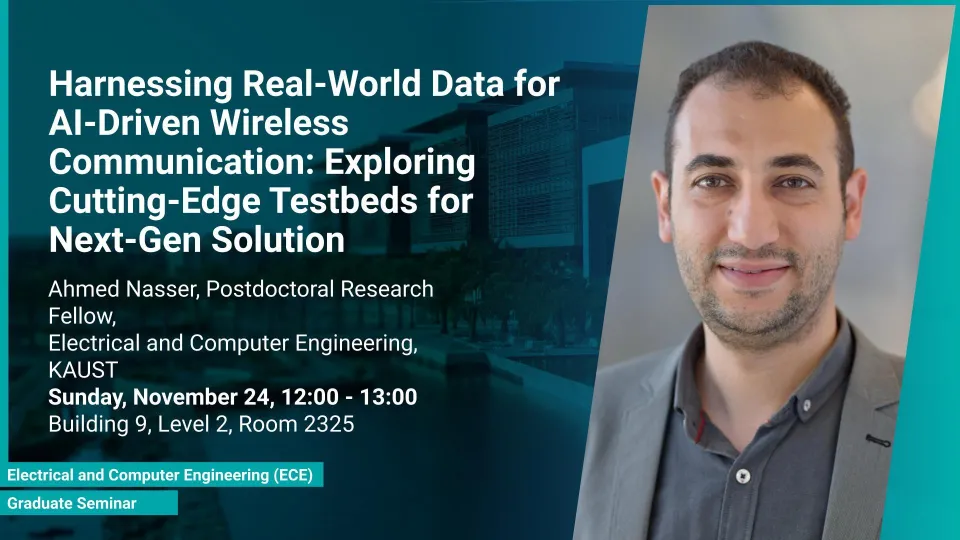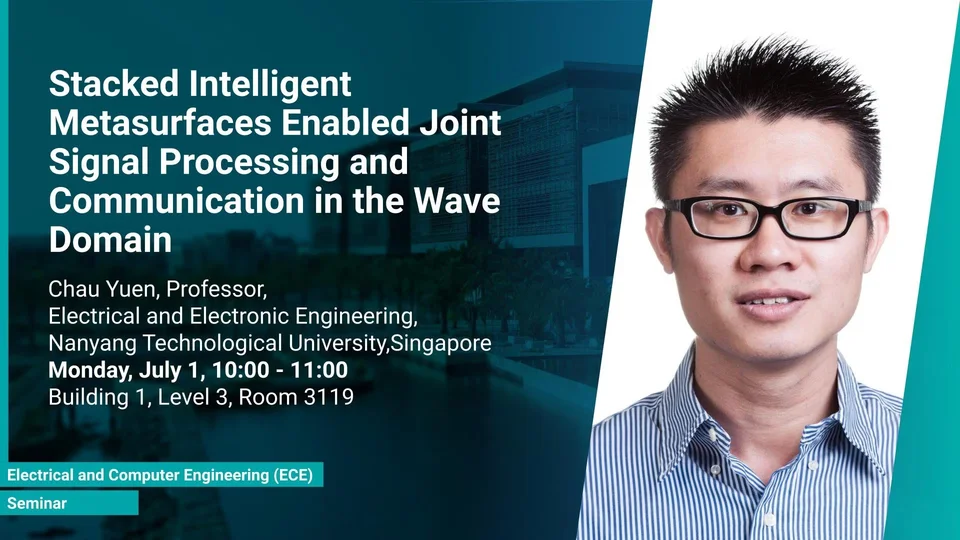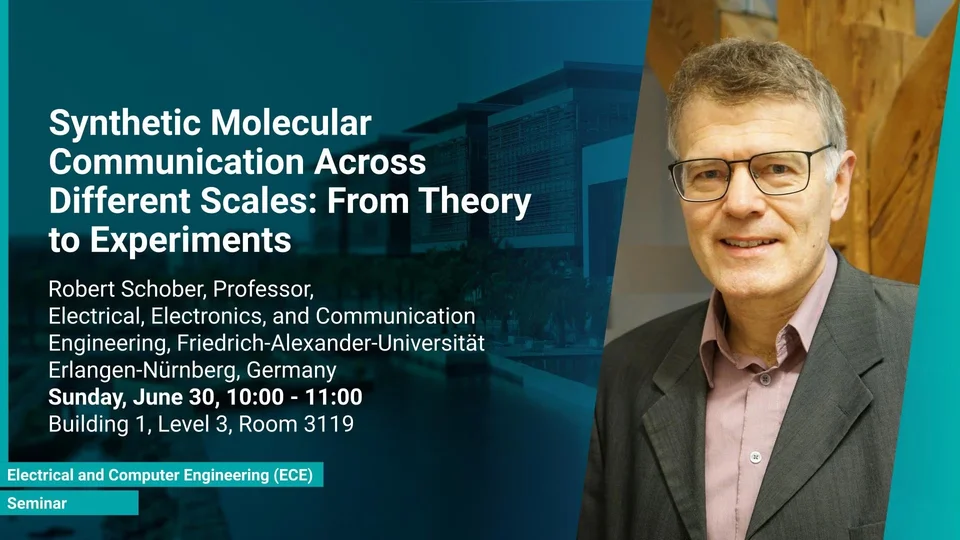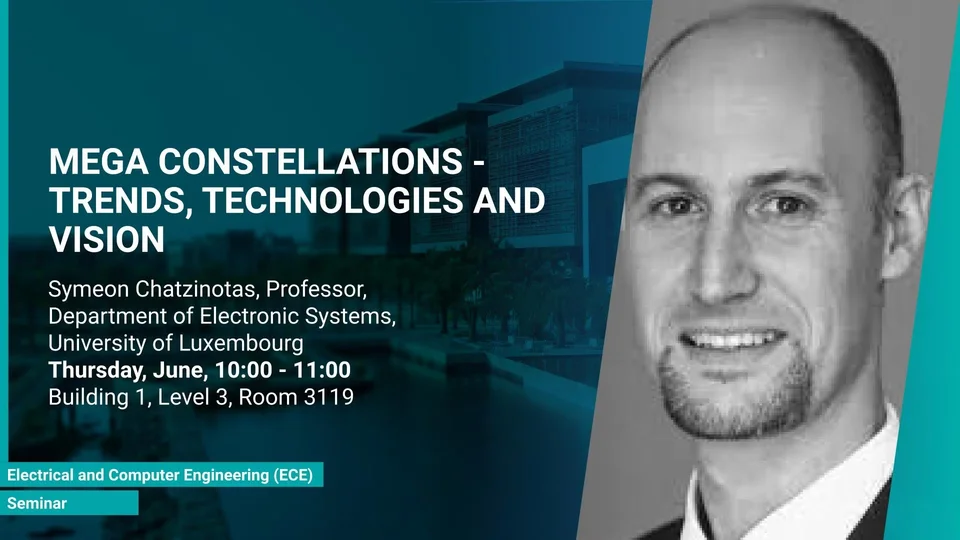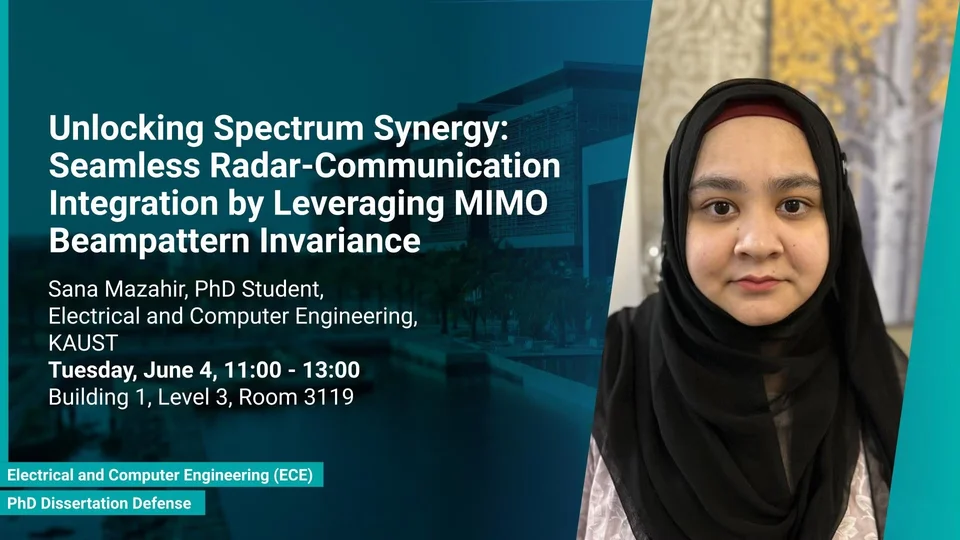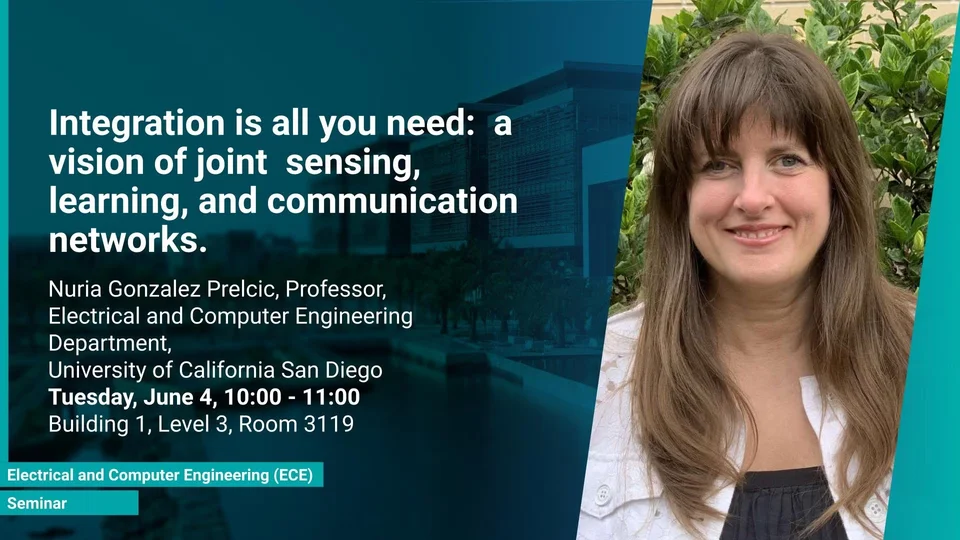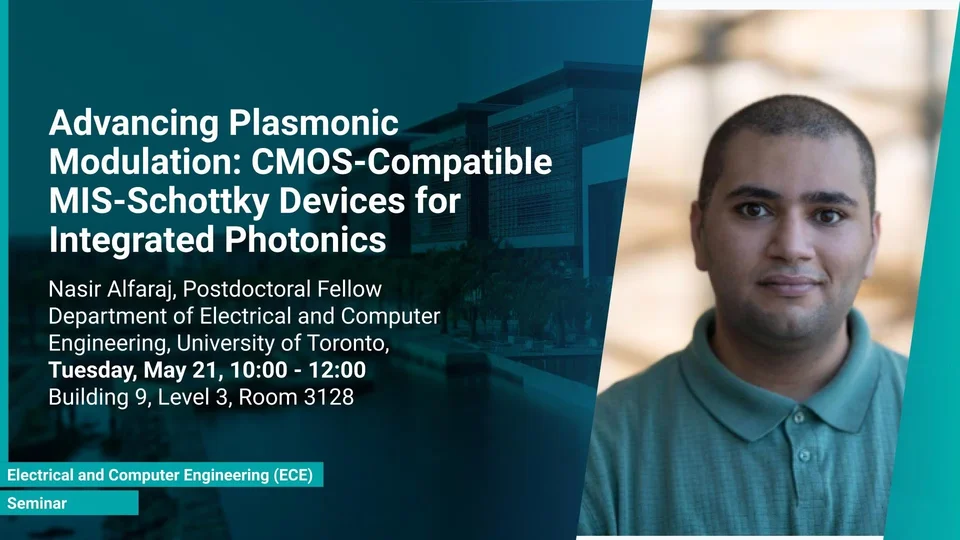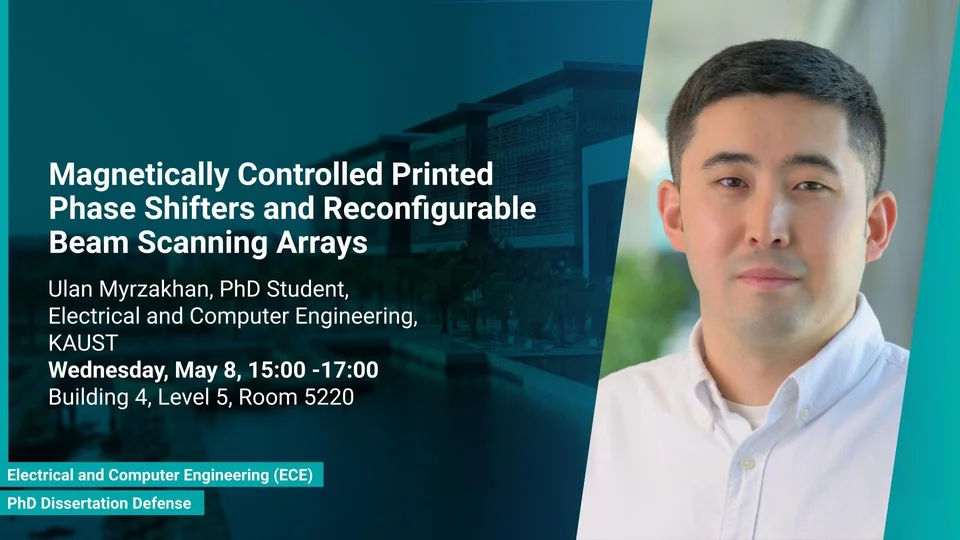Events
May 11 - May 17, 2025
May 4 - May 10, 2025
Apr 27 - May 3, 2025
Apr 20 - Apr 26, 2025
Apr 13 - Apr 19, 2025
Mar 23 - Mar 29, 2025
Mar 16 - Mar 22, 2025
Mar 9 - Mar 15, 2025
Mar 2 - Mar 8, 2025
Feb 23 - Mar 1, 2025
Feb 9 - Feb 15, 2025
Feb 2 - Feb 8, 2025
IEEE Antennas and Propagation Society Distinguished Lecturer Workshop
-
Auditorium between Buildings 2 and 3
Workshops
Jan 26 - Feb 1, 2025
Jan 12 - Jan 18, 2025
Jan 5 - Jan 11, 2025
Dec 8 - Dec 14, 2024
Dec 1 - Dec 7, 2024
Nov 24 - Nov 30, 2024
Jun 30 - Jul 6, 2024
Synthetic Molecular Communication Across Different Scales: From Theory to Experiments
Robert Schober
-
B1 L3 R3119
Jun 23 - Jun 29, 2024
Jun 2 - Jun 8, 2024
Integration is all you need: a vision of joint sensing, learning, and communication networks
Nuria Gonzalez Prelcic, Professor, Electrical and Computer Engineering, University of California
-
B1 L3 R3119
May 19 - May 25, 2024
Advancing Plasmonic Modulation: CMOS-Compatible MIS-Schottky Devices for Integrated Photonics
Dr.Nasir Alfaraj, Department of Electrical and computer Engineering, University of Toronto
-
B9 L3 R3128
